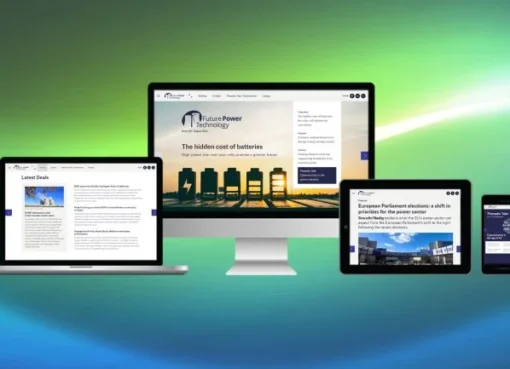Online Safety and Security: Protecting Yourself from Cyber Threats

In today’s digital age, online safety and security have become paramount. With the increasing prevalence of cyber threats, it is crucial to take proactive measures to protect yourself and your sensitive information. Whether you are browsing the internet, shopping online, or using social media, it is important to be aware of the potential risks and take steps to safeguard your online presence.
Keep Your Devices Secure
One of the first steps to ensuring online safety is to keep your devices secure. This includes your computer, smartphone, tablet, and any other devices you use to access the internet. Make sure you have up-to-date antivirus software installed and regularly update your operating system and applications. This will help protect against malware and other malicious threats.
Create Strong and Unique Passwords
One of the simplest yet most effective ways to protect your online accounts is to create strong and unique passwords. Avoid using common passwords or personal information that can be easily guessed. Instead, use a combination of uppercase and lowercase letters, numbers, and special characters. Additionally, it is important to use different passwords for each of your accounts. This way, if one account is compromised, the others will remain secure.
Be Cautious of Phishing Attempts
Phishing is a common method used by cybercriminals to steal sensitive information. They often pose as legitimate organizations or individuals and send emails or messages that appear genuine. These messages usually contain links that, when clicked, can lead to the installation of malware or the disclosure of personal information. To protect yourself, be cautious of unsolicited emails and messages. Avoid clicking on suspicious links and never provide personal or financial information unless you are certain of the sender’s authenticity.
Use Secure Wi-Fi Networks
When connecting to the internet, it is essential to use secure Wi-Fi networks. Public Wi-Fi networks, such as those found in cafes, airports, or hotels, can be vulnerable to hackers. Avoid accessing sensitive information, such as online banking or shopping, while connected to public Wi-Fi. Instead, use a virtual private network (VPN) to encrypt your internet connection and ensure your data remains secure.
Regularly Back Up Your Data
Backing up your data is crucial in case of a cyber attack or device failure. Regularly back up your important files and documents to an external hard drive or cloud storage service. This way, even if your device is compromised, you can still access and recover your data.
Stay Up-to-Date with Security Practices
Cyber threats are constantly evolving, so it is important to stay informed about the latest security practices. Follow reputable sources and stay updated on the latest news and trends in cybersecurity. This will help you stay one step ahead of potential threats and take the necessary precautions to protect yourself.
Be Mindful of Social Media Privacy
Social media platforms are a common target for cybercriminals. Be mindful of the information you share on social media and adjust your privacy settings accordingly. Avoid sharing personal details, such as your address or phone number, publicly. Regularly review your privacy settings to ensure that only trusted individuals can access your personal information.
Use Two-Factor Authentication
Two-factor authentication adds an extra layer of security to your online accounts. It requires you to provide two forms of identification, usually a password and a unique code sent to your mobile device, to access your account. Enable two-factor authentication whenever possible to protect your accounts from unauthorized access.
Trust Your Instincts
Lastly, trust your instincts when it comes to online safety. If something feels off or too good to be true, it probably is. Be cautious of suspicious offers, requests for personal information, or unsolicited messages. By being vigilant and using common sense, you can significantly reduce the risk of falling victim to cyber threats.
By following these tips and adopting a proactive approach to online safety and security, you can better protect yourself from cyber threats. Remember, online safety is a shared responsibility, and it is up to each individual to take the necessary precautions to safeguard their digital presence.



Leave a Comment